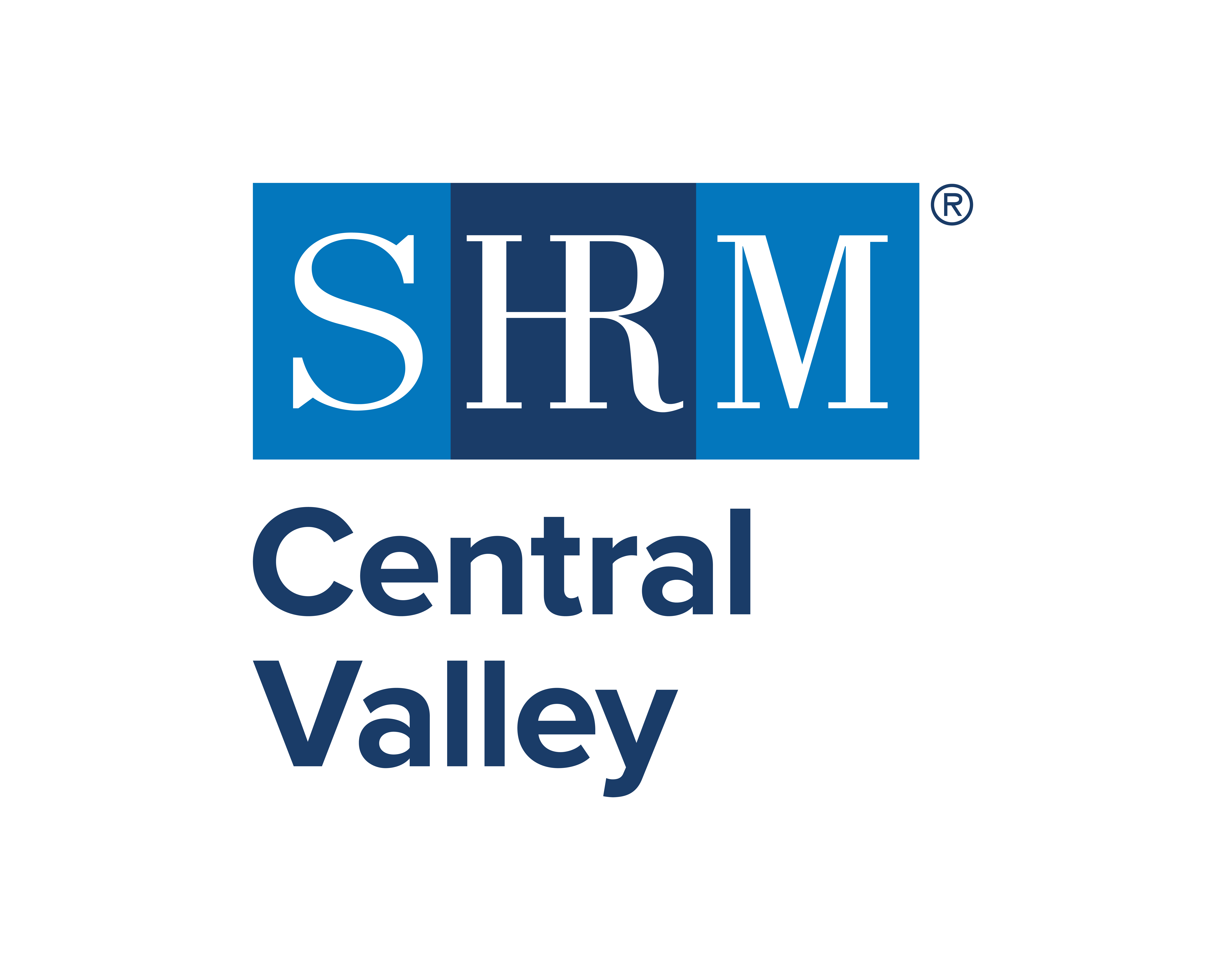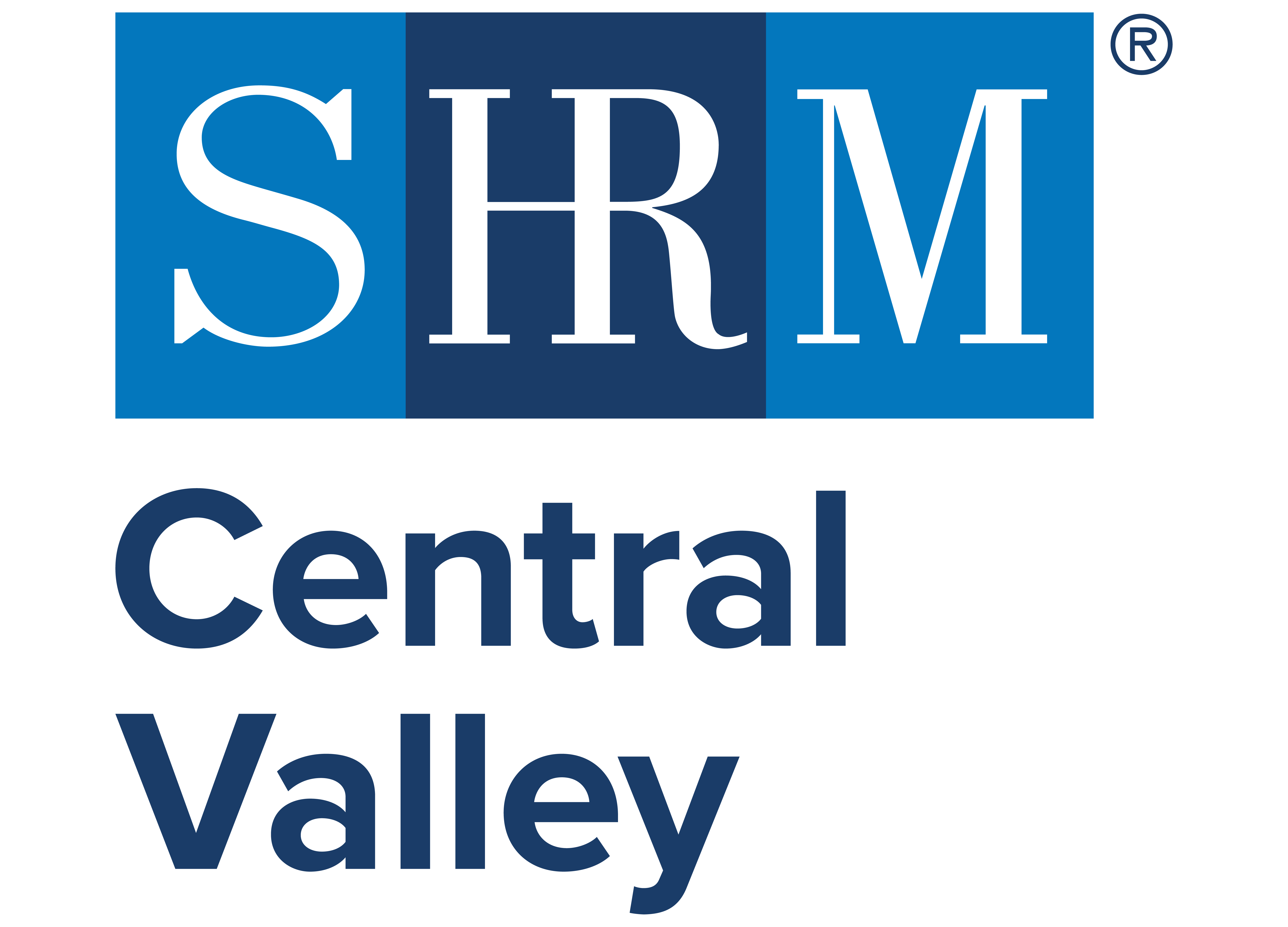Creating a 21st Century Workplace
Creating a 21st Century Workplace
Guiding Principles
As presented by the Council for Global Immigration (a SHRM affiliate)
The members of the Society for Human Resource Management (SHRM) and its affiliate, the Council for Global Immigration (CFGI), play a critical role in advancing human resource policies that our
employers and employees need to compete and win in the increasingly complex global economy. We are calling on elected representatives, candidates for office and government officials to embrace three
core principles to advance policies for the 21st Century Workplace.
The 21st Century Workplace is:
1) INNOVATIVE: The 21st Century Workplace provides employers and employees the flexibility to address how, when and where work is accomplished and allows for the design of employee benefit programs that attract and retain employees, while managing the fiscal realities of modern business.
2) FAIR: The 21st Century Workplace provides fair employment practices in hiring, training and compensation, regardless of non-job-related characteristics, and encourages practices that meet the goals of the organization and the needs of its employees.
3) COMPETITIVE: The 21st Century Workplace gives employers the ability to attract, recruit, hire and train talent, as needed, to remain competitive in a global economy.
INNOVATIVE: The 21st Century Workplace provides employers and employees the flexibility to address how, when and where work is accomplished and allows for the design of employee benefit programs that attract and retain employees, while managing the fiscal realities of modern business. To advance this principle, we support policies that:
Increase Workplace Flexibility: We believe that the United States must have a workplace flexibility policy that meets the needs of employees and employers alike. Rather than government mandates prescribing a specific solution, policy proposals should accommodate varying work environments, employee needs, industries and organizational size, while fostering innovation and a competitive economy.
• Employers should be encouraged to voluntarily offer paid leave to their employees.
Mandated leave requirements stymie employers’ ability to design generous and
innovative leave programs that meet employee needs.
• Private-sector employees should be afforded the same flexibility that public-sector employees
have in choosing between compensatory time or cash wages in overtime situations.
• Established wage-and-hour policies are intended to provide overtime protection for those
employees performing non-exempt work, taking into consideration a careful balance of wages and
employment duties for the position. New policies should focus on the job an employee performs,
rather than focusing primarily on the wages an employee earns, in determining overtime protection.
• Proposals that dramatically and inappropriately change those eligible for overtime coverage will
result in many professional employees becoming hourly employees, resulting in less workplace
autonomy for these employees and a significant long-term, negative economic impact on the
workplace. These changes will significantly harm the nonprofit sector and small businesses and will have a disparate impact on areas with a cost of living below the national average.
Support Employer-Sponsored Benefits Programs: A comprehensive and flexible benefits package is an essential tool for recruiting and retaining employees. We believe that every employee should have the opportunity to save and plan for retirement and protect his or her family’s health. Policy reforms should lower costs, improve access, provide high-quality coverage and strengthen the
employer-based system.
• Tax policies should preserve the tax treatment of employer-provided benefit programs rather than curtail them. Consequently, the Affordable Care Act (ACA) excise tax on high-value health plans should be repealed.
• The employer-based health care system should be strengthened by amending the ACA to define a “full-time” employee as one who averages 40 hours of work per week and by ensuring that public policy encourages the use of wellness programs.
FAIR: The 21st Century Workplace provides fair employment practices in hiring, training and compensation, regardless of non-job-related characteristics, and encourages practices that meet the goals of the organization and the needs of its employees. To advance this principle, we support policies that:
Support Fair Employment Practices: We have a strong record of working to end gender discrimination in the workplace and believe all cases of illegal pay discrimination should be promptly resolved. We support public policy efforts to ban workplace discrimination based on sexual orientation and gender identity.
• Employees should be compensated with equal pay for equal work and legitimate compensation
practices such as recognizing prior experience, past salary history or geographic decisions. The
ability to reward employees for their job performance should be preserved.
• Employment decisions should be made on the basis of job qualifications, such as education,
experience and demonstrated competencies, not on non-job-related characteristics, including sexual orientation and gender identity.
Promote Effective Labor-Management Relations: We believe in the fundamental right – guaranteed by the National Labor Relations Act (NLRA) – of every employee to make a private choice about whether or not to join a union.
• Employees should be able to make a private choice in the collective bargaining process, free
from coercion or other pressures in deciding whether to join a labor union.
• Government rules and actions should not impinge on an employer’s ability to create reasonable
workplace policies or curtail management and employee communications as protected by the NLRA.
COMPETITIVE: The 21st Century Workplace gives employers the ability to attract, recruit, hire and train talent, as needed, to remain competitive in a global economy. To advance this principle, we support policies that:
Close the Skills Gap: We believe employers and government have a role to play in educating and
training employees to help them become more productive and better qualified for high-skill,
middle-skill and lower-skill jobs. We believe that such education and training should be
encouraged as a sound investment through incentives, partnerships and apprenticeships, rather than
through mandates. Efforts should also focus on programs aimed at communities of veterans,
individuals with disabilities and the long-term unemployed.
• Effective partnerships between employers and education and training providers should be
demand-driven and focused on the employment needs of employers. A stronger outreach and greater emphasis on communication and interaction between government-sponsored training programs and employer groups must also be achieved.
• Tax incentives are an important tool for employers to promote further training, education and
skills development.
Reform the U.S. Immigration System: We support policies that ensure that the workforce can compete in an increasingly complex and interconnected world. We believe that foreign talent complements the U.S. workforce and that U.S. employers competing in a global market need access to the best talent worldwide. At the same time, employers must continue to invest in the education and training of employees.
• Our immigration system must support employers in their efforts to recruit, hire, transfer
and retain global employees – something critical to ensuring America remains competitive.
• A legal workforce must be a key element of any effective immigration policy. This includes a
reliable, national and entirely electronic employment-eligibility verification system that provides
employers with certainty that new employees are authorized to work.



